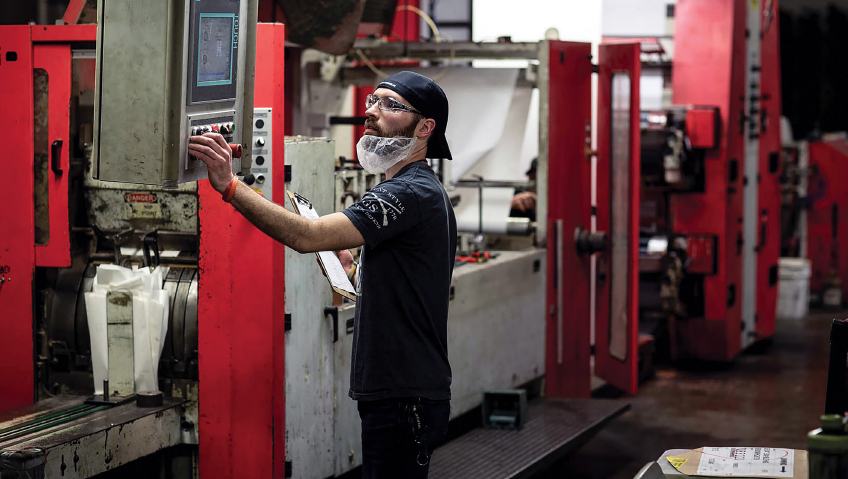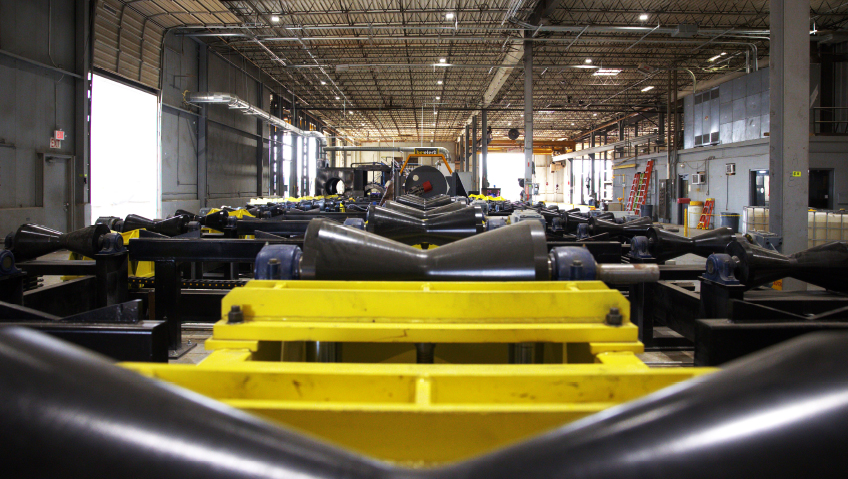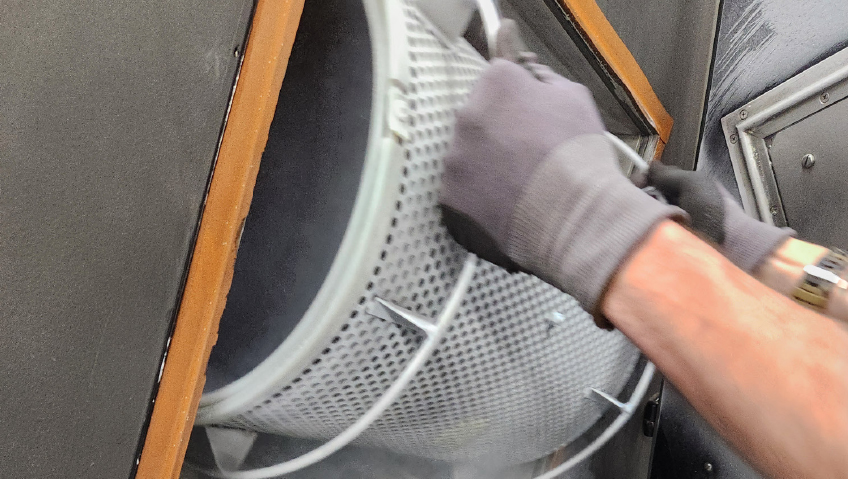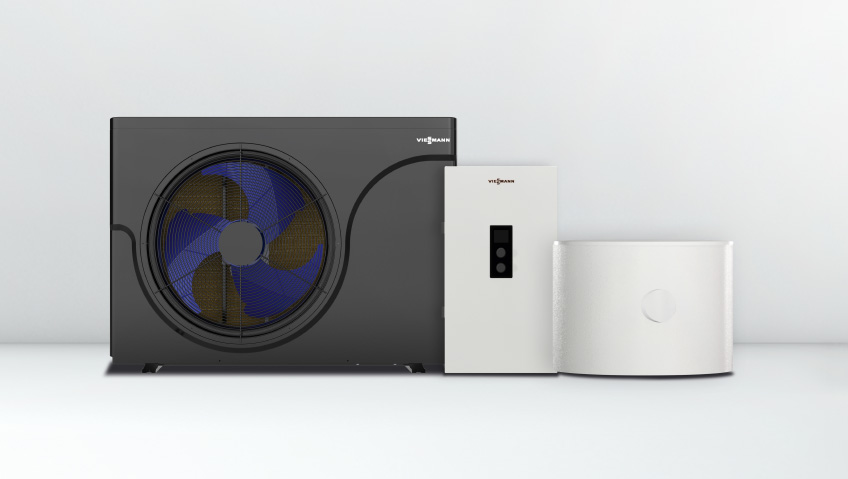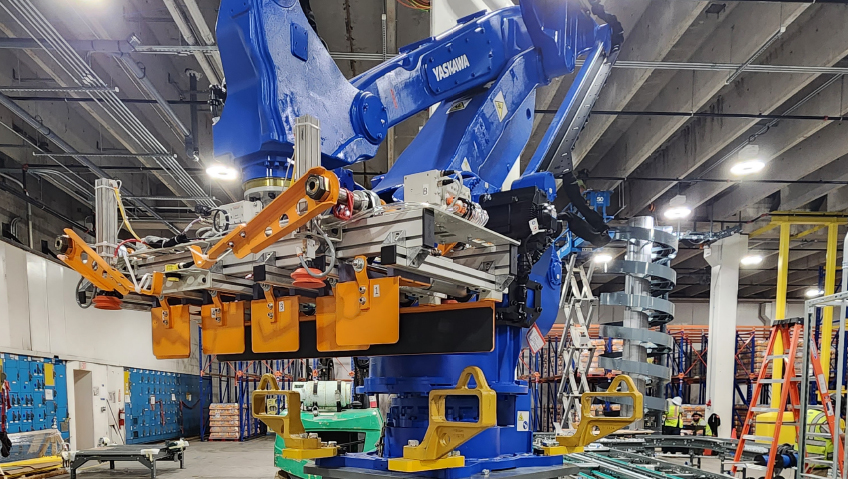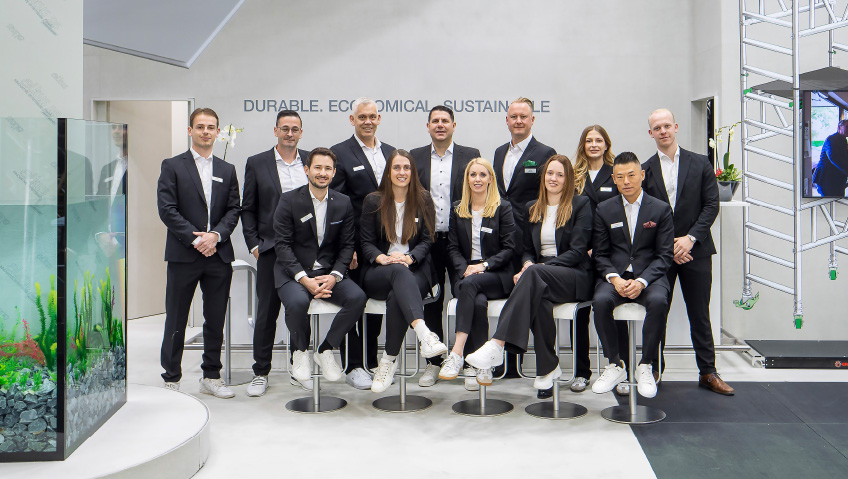Stewart Sutherland, Inc., is an eco-friendly family- and woman-owned business that designs, manufactures, and distributes packaging products and specialty paper. Based in Vicksburg, Michigan, the company marked its milestone 65th anniversary this year.
“We take a lot of pride in continuing to grow the legacy that’s been handed down to us,” says CEO and President Colleen Parran. “It’s a big deal. And not only that, but we also take pride in being able to provide not only for our family, but the families of our employees. Every single person here contributes toward our success. I know that sounds cliché, but it’s true.”
Parran, and her brother Cory Stewart, who serves as Director of Sales, represent a new generation of leadership at the firm, which was founded by their grandfather back in 1959.
Stewart Sutherland’s main wares include bread bags; sandwich bags, wraps and liners; breadstick and hot dog bags; pan liners; and carry-out bags. Stewart Sutherland can print up to four spot colours on foil or paper (natural or bleached) during the manufacturing process.
Deli, grocery, fast food, bakery, and the concessions industry represent the company’s main markets. Of these, fast food brings in the most revenue (Popeyes, Taco Bell, Hardee’s and Steak ‘n Shake are all clients within this sector). While Stewart Sutherland has worked with customers in Mexico and Canada, it is primarily focused on the United States.
In Vicksburg, the company boasts a head office, manufacturing plant, and two warehouses. A small number of personnel work from home and some sales representatives operate as far afield as Florida. Most work at Stewart Sutherland is self-performed, although a few tasks are sub-contracted out.
“We might produce 90 percent [of a product] for a customer, but if there’s one item that we don’t have the ability to make, we outsource that and then bring it in and ship it with the rest of the product. We do that for a handful of customers,” explains Parran.
For Stewart Sutherland, being successful means more than just generating revenue. The company is a strong advocate of sustainability and has implemented several measures to help the environment. The company’s paper products are compostable and its inks water-based, and the team has formed partnerships with waste companies that share its sustainability focus. Stewart Sutherland aims to put “systems and processes in place to cut back on unnecessary steps and moves, and make [work] as efficient as possible,” adds Parran.
The company has trained its employees in lean manufacturing practices which aim to minimize waste. For its efforts, Stewart Sutherland has earned SFI (Sustainable Forestry Initiative) certification. Based in Ottawa, Canada, the SFI is a non-profit organization that certifies conscientious forestry-sector companies.
Stewart Sutherland’s founder, Bob Stewart, spent years working as a sales representative in the packaging and paper products industry before he decided to launch his own firm with his wife, Barbara. Their son, John Stewart, joined the business as a salesman in the 1970s. By the 1990s, John and his wife, Patty, owned the company. John Stewart died in March 2020, leaving full ownership in the hands of his spouse. As a result of this change, Stewart Sutherland was certified as woman-owned-and-operated by the Women’s Business Enterprise National Council (WBENC), a Washington, DC-based non-profit. Patty Stewart still serves as Chair of the Board at Stewart Sutherland but is no longer active in its day-to-day management.
There are “obviously pros and cons” to having a “family-oriented culture” notes Parran, who became President and CEO about four years ago. Open communication is one advantage: customers can talk directly to Parran or anyone else in upper management. Parran contrasts this with a more bureaucratic corporate structure in which a customer has to work through “multiple channels… to get an answer.”
On the negative side, finding consensus on issues such as company growth and expansion can be trickier when dealing with family members rather than business partners or shareholders. Still, the family ownership model has without doubt contributed to the company’s success and there are no plans to move away from it, says Parran.
The firm’s “people-first” culture has also been key to its longevity, and this ethos extends to “the people that we work with, the people we employ, the partnerships we have with our suppliers and customers. We really pride ourselves on keeping strong relationships,” explains Parran. It also helps that Stewart Sutherland operates in “an insulated market… in the fast food, concession, bakery, and grocery markets, there are not a lot of companies that do what we do,” she shares.
Adaptability has enhanced Stewart Sutherland’s durability as well. By remaining flexible in the face of adversity, Stewart Sutherland has made it through “all kinds of crazy ups and downs… We’ve been able to adapt and survive—not only survive, but grow,” says Parran.
These ups and downs, of course, include the COVID-19 pandemic. As an essential manufacturer, Stewart Sutherland didn’t have to close although some staff were furloughed so the company could focus on sectors where demand remained high. Safety measures such as masking, remote meetings, and temperature monitoring were introduced, and infected staff were told to stay at home (Stewart Sutherland provided pay for anyone who had to quarantine because of the virus).
Eating habits changed, too, during the pandemic, with restaurant closures and concerns among some consumers about buying groceries in person. As a result, demand soared for certain Stewart Sutherland products. During COVID “the fast food, takeout, and drive-through markets exploded, so obviously our business exploded with it. We were very busy,” recalls Parran.
Today, the company employs 137 people, up from 122 last year at this time and a leap from roughly 100 personnel in pre-COVID days. To retain workers, the company recently performed “a full audit of our wages in comparison to companies in the area,” and examined its benefit packages, says Parran.
Stewart Sutherland seeks potential hires with a strong work ethic and an upbeat attitude. Benefits include tuition reimbursement, technical training, and access to daycare via MI Tri-Share (Michigan Tri-Share, a daycare program that is funded equally through the state, the employer, and the employee).
The company takes a highly proactive approach to promotion: “We’ve done it all. We’ve done billboards, we’ve done radio ads. We’re on Indeed, Craigslist, Instagram, Facebook. We’re constantly trying to recruit through those avenues,” says Parran.
“We attend some of the big trade shows like the National Restaurant Association trade show in Chicago. We also [go to] smaller trade shows that our customers put on,” adds Stewart.
Retention, recruitment, and technical training are indeed the biggest challenges facing the company at present, says Parran. Young people in general aren’t flocking to the skilled trades, and they are sorely needed to replace existing workers approaching retirement age. In response, Stewart Sutherland has introduced some innovative measures to tackle the need. “We offer a referral program for our current employees if they refer somebody and bring somebody in, and that person sticks around for a while and does well,” says Parran.
The company is also looking at establishing an apprenticeship program. For all that, the simplest way to recruit new staff “is to make sure we’ve got competitive wages, competitive benefit packages, and a positive culture—the things that people appreciate in the workplace.”
The firm also engages in philanthropic ventures such as the Special Olympics and programs at local high school and elementary schools, adds Parran. “We try to participate to support the community that a lot of our people live in,” she explains.
The company is equally focused on quality and safety. Hourly and daily checks are conducted during production to ensure that customer specs are being followed and there’s never a dip in quality. Stewart Sutherland also conducts random spot audits of its suppliers when they deliver raw materials and boasts SQF (Safe Quality Food) certification, the latter being a worldwide food safety initiative. In addition, a Stewart Sutherland safety committee regularly reviews operations to investigate any incidents and discuss issues. There is protective guarding on machines to prevent accidents, and employees are issued hairnets, goggles, and other PPE.
Going forward, Parran anticipates a possible expansion of Stewart Sutherland facilities. “We’ve really maximized our current floorspace with machinery, and our warehouses. So, a building expansion is [a possibility] in the near future, along with capacity growth. With that extra space comes added machinery and added workforce,” she explains.
There aren’t any plans at present to introduce brand-new products; instead, the near-term goal is to build volume and expand the line items the company already offers for certain clients, “while staying within the realm of what we currently produce,” continues Parran.
The firm is also eager to forge new relationships within the speciality paper and packaging product markets. “We want to continue to expand our partnerships in the industry, whether it’s with customers or suppliers. [We want to expand our partnerships with] companies, customers, and suppliers that have the same values. We also want to grow as a business—continuously trying to get bigger and better,” says Parran.

